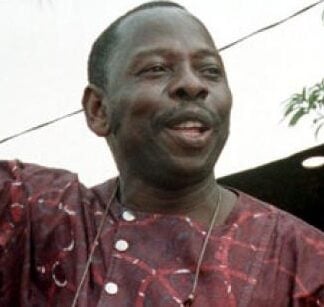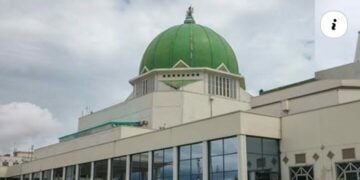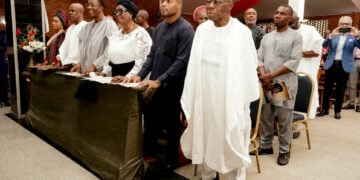Thirty years after the hanging of Ken Saro-Wiwa and eight other Ogoni leaders, civil society organisations have demanded justice to prevail at the headquarters of the Corporate Accountability and Public Participation Africa (CAPPA).
Speaking on behalf of the 30th Anniversary Planning Committee, Director of Health of Mother Earth Foundation (HOMEF), Rev. Dr. Nnimmo Bassey, described the 1995 execution as a judicial murder that continues to haunt Nigeria’s conscience.
According to him, it is a deliberate, cold, and calculated act of state violence designed to silence truth and crush dissent.
Saro Wiwa and the Ogoni Eight—Saturday Dobee, Nordu Eawo, Daniel Gbooko, Paul Levera, Felix Nuate, Baribor Bera, Barinem Kiobel, and John Kpuine-were, in Bassey’s words, “ were murdered not because they disobeyed any known laws, but because they exposed oppression and questioned a mindless establishment.”
He said they were punished for defending human rights and environmental justice, for daring to oppose multinational oil companies and state collusion.
Central to Saro-Wiwa’s activism was the ideology he called ‘Erectism’ which, according to Bassey, “envisioned ethnic autonomy, resource control, and environmental stewardship as foundations for sustainable development and national unity.”
He affirmed that Saro-Wiwa “believed nature’s resources were not to be destroyed, but managed to sustain life and cultural identity.”
The activist underscored Saro-Wiwa’s leadership of the Movement for the Survival of the Ogoni People (MOSOP), turning what was once a regional issue into a national and international demand for justice.
“He placed the Ogoni ecological genocide firmly at the centre of national debate. He was a selfless leader who fought more for his people than for himself.”
He stressed that his ideas lived on while Saro-Wiwa’s life was taken. “Even if he were killed, his ideas would not die. His death birthed renewed struggle, consciousness, and inspiration for a livable environment.”





